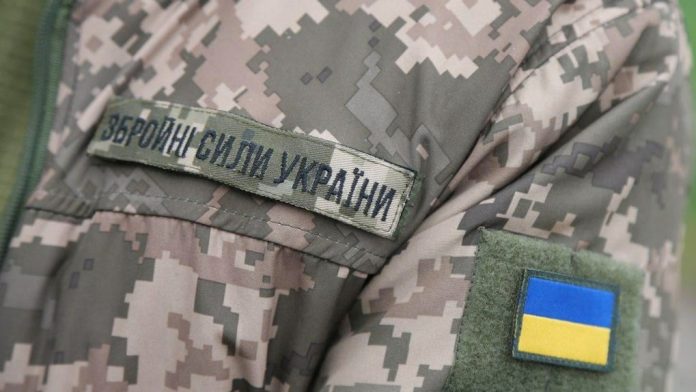З 1 лютого 2025 року набувають чинності зміни до закону “Про соціальний і правовий захист військовослужбовців та членів їхніх сімей”, що визначають нові правила розподілу виплат родичам військових, які потрапили у полон або вважаються зниклими безвісти. Закон, ухвалений Верховною Радою 8 жовтня 2024 року, значно розширює коло осіб, які зможуть отримувати ці виплати.
За словами адвоката Романа Лихачова, тепер, у разі полону або зникнення безвісти військовослужбовця, виплати буде розподілено між найближчими родичами, зокрема дружиною, дітьми та батьками. Якщо раніше всі гроші отримувала лише одна особа — дружина (чоловік) військовослужбовця, то тепер сума буде ділитися між кількома членами родини.
Згідно з новими правилами, 50% виплат повинні бути рівномірно поділені між представниками першої черги родичів. До цієї групи належать: дружина (чоловік), законні представники неповнолітніх дітей, діти з інвалідністю з дитинства та їхні законні представники, а також батьки військовослужбовців (окрім тих, хто позбавлений батьківських прав). У разі відсутності представників першої черги, 20% виплат отримають родичі другої черги — повнолітні діти, брати чи сестри.
Залишок коштів (50% або 80% виплат) буде зберігатися у військовій частині і передаватися військовому, якщо він повернеться з полону або з’явиться після визнання його зниклим безвісти. Як пояснив Роман Лихачов, загальна сума виплат для одного військовослужбовця в такому випадку може становити до 120 тисяч гривень на місяць. Раніше ці гроші отримувала тільки дружина чи чоловік військового, але тепер їх можуть поділити інші родичі. Згідно з прикладом адвоката, якщо у військовослужбовця є дружина, двоє дітей і батьки, то загальну суму в 60 тисяч гривень буде поділено між п’ятьма людьми, і кожен з них отримає по 12 тисяч гривень.
Також варто зазначити, що сам військовий може визначити, хто саме і яку частку виплат отримає в разі його полону або зникнення безвісти. Для цього він повинен скласти особисте розпорядження, вказавши у ньому свої побажання щодо розподілу коштів між родичами.


